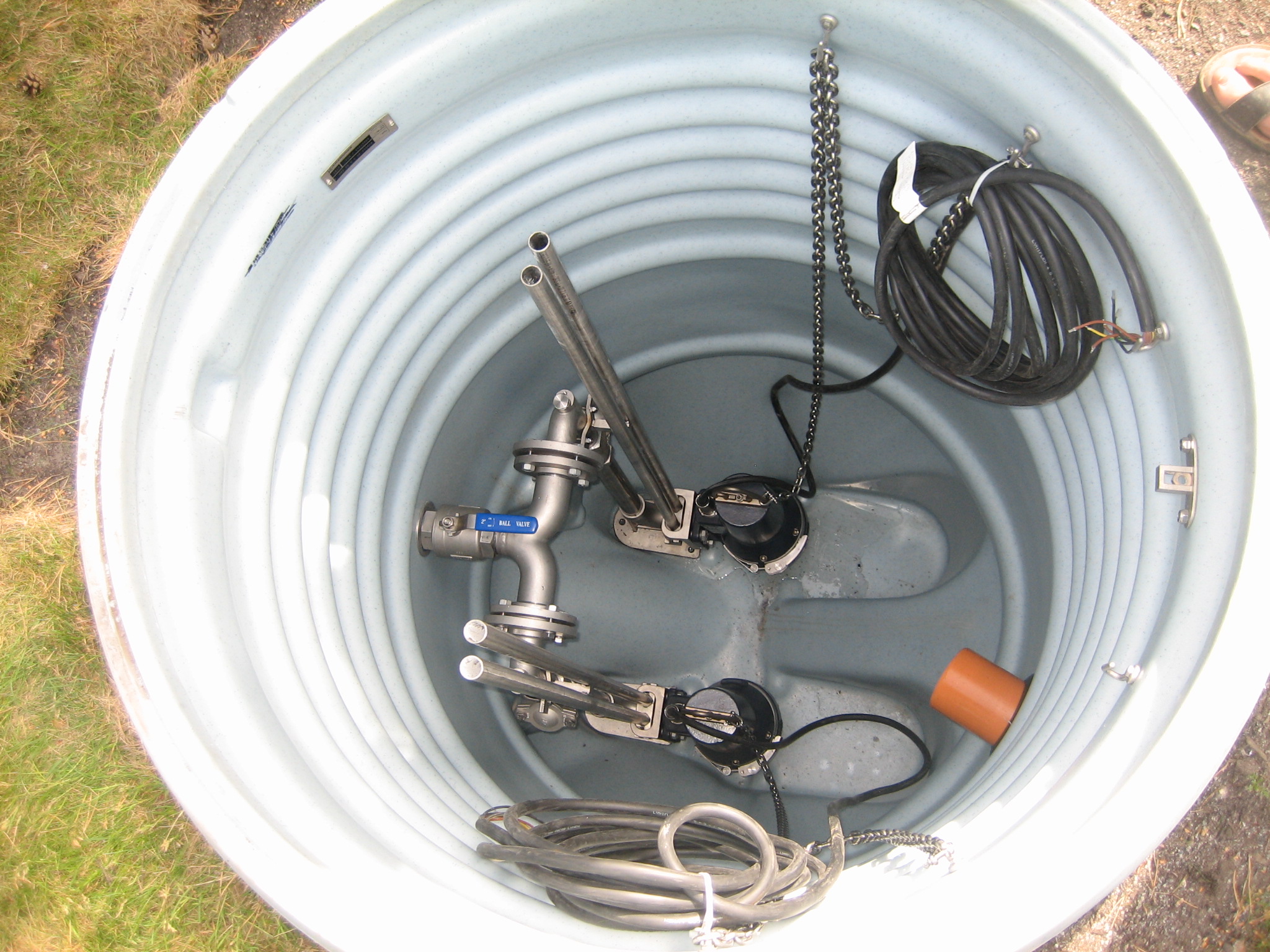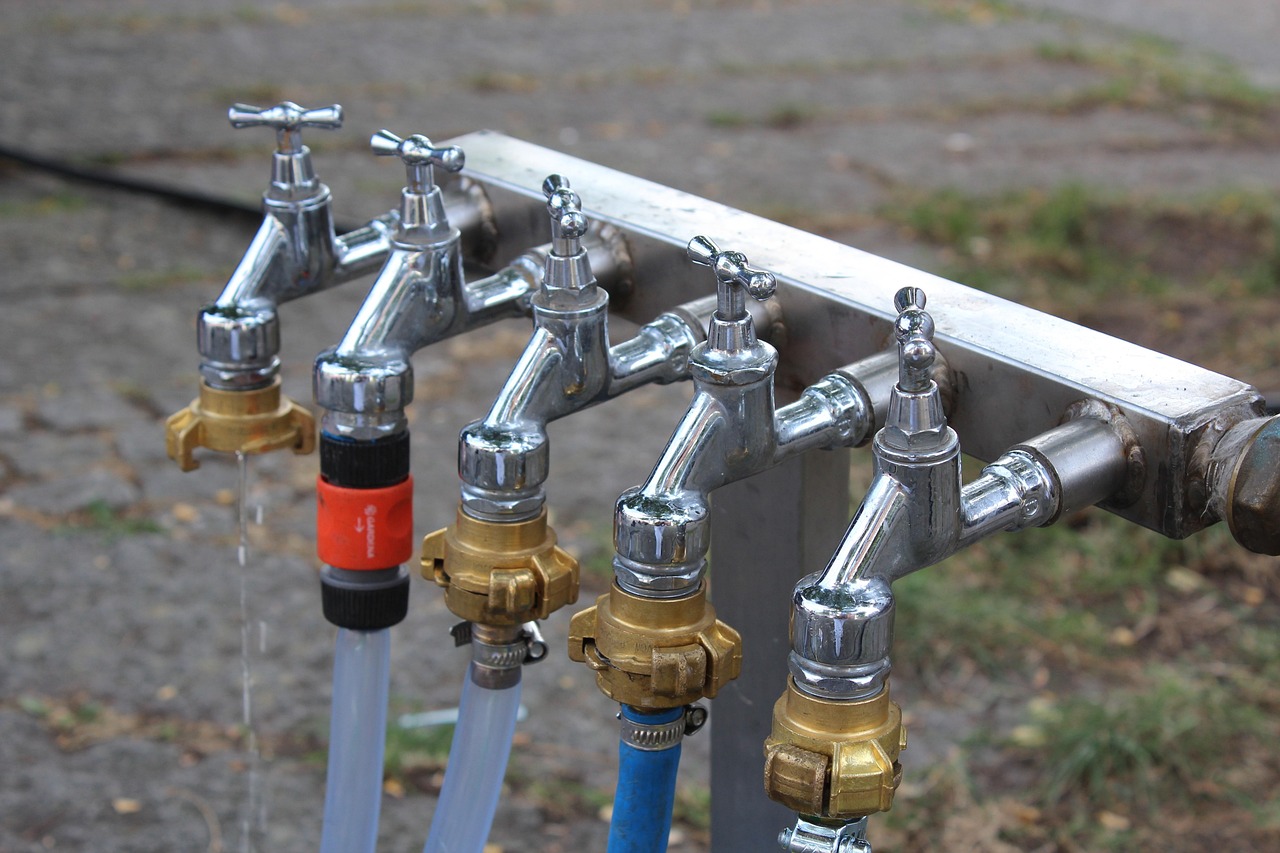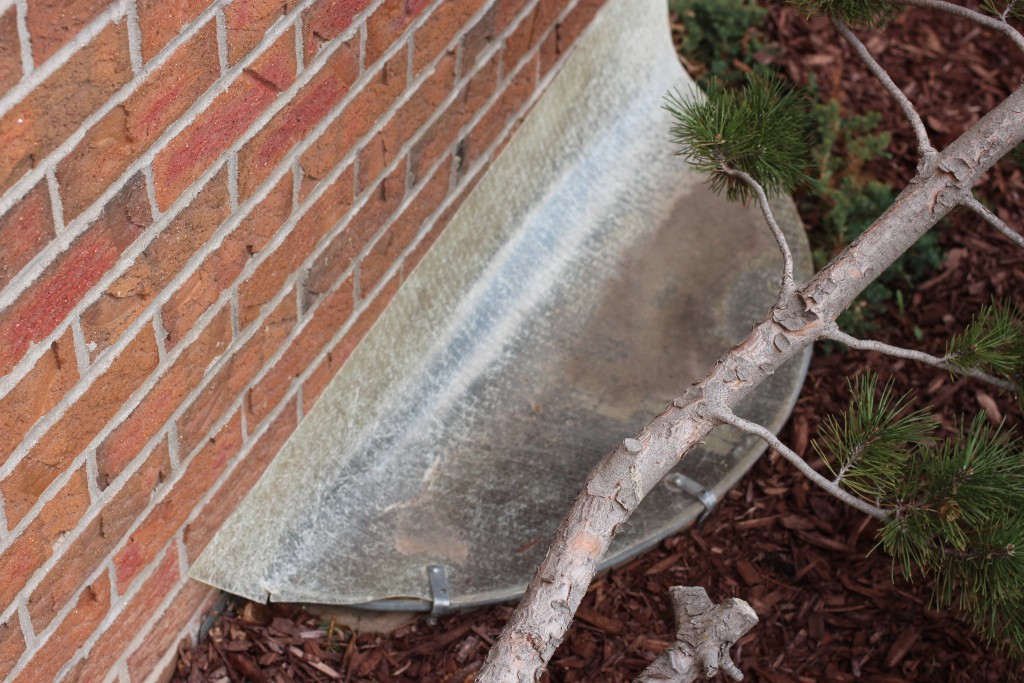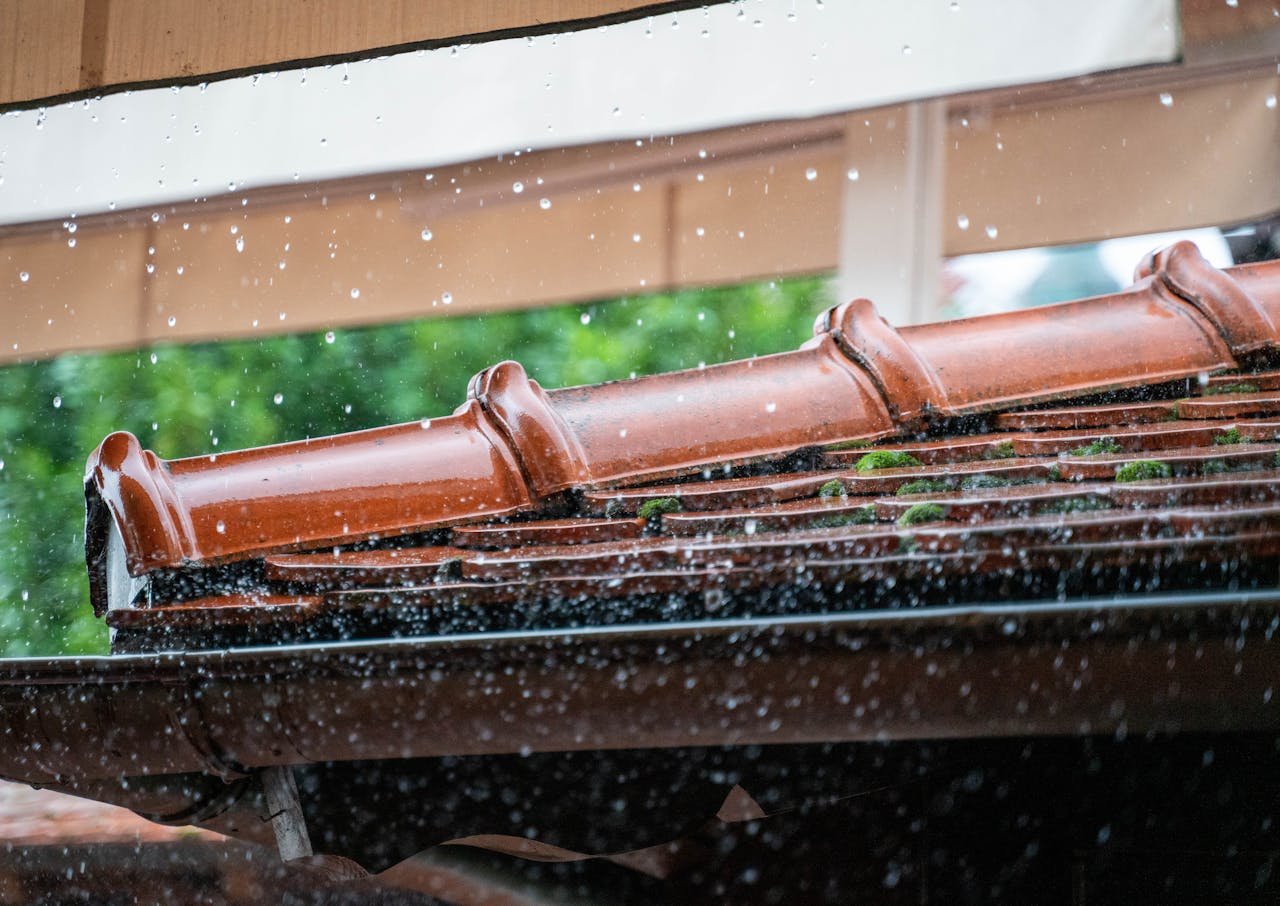Small chores rarely feel urgent until they become expensive. Homes stay calm when pumps, valves, vents, and drains work without drama, yet those parts need attention on a rhythm. Storms arrive, heat pushes systems hard, and cold finds every weakness. What this really means is simple. Preventive care costs less than cleanup. With a few steady habits, a house runs cooler, drier, and safer, appliances last longer, and weekends stay free for better plans than mopping floors.
Test The Sump Pump Before Storm Season

Basements stay dry because a quiet pump does its one job. If the float snags or the motor fails, water rises fast and turns carpet, boxes, and drywall into a soggy mess. A quick test matters. Add water to the basin, confirm the pump starts, and watch the discharge line run clear. A vertical float, a check valve that closes tight, and backup power turn heavy rain into a non event instead of an all night salvage.
Check Household Water Pressure

High pressure is a slow wrecking crew for pipes, seals, and appliances. It creates water hammer, shortens fixture life, and forces softeners to work beyond their design. A simple gauge on a hose bib tells the truth in seconds. If the reading lives above 80 psi, a pressure reducing valve likely needs adjustment or replacement. Setting the system near 60 to 70 protects lines, saves water, and keeps warranties and service manuals on your side.
Clear Window Weep Holes

Sliding and vinyl windows rely on tiny outlets at the frame base to drain rain back outside. When insects, grit, and paint clog those weep holes, water pools in the track, overtops the lip, and seeps into walls and floors. A cup of water should exit in a clean stream. If it does not, clear the flap, use compressed air, or probe with a plastic pick. Regular checks keep storms outdoors and drywall unwarped.
Clean Refrigerator Condenser Coils

Refrigerators dump heat through coils that cannot work if wrapped in lint and pet hair. When heat lingers, the compressor runs longer, pulls more power, and ages fast. A flexible coil brush and a shop vacuum reach behind or beneath the cabinet to lift out the fuzzy mat that chokes airflow. Five careful minutes, done a couple times a year, can prevent a repair call, lower electric bills, and save a week of groceries.
Keep Window Wells Free Of Debris

A window well should drain like a shallow bowl, not act like a lined tub. Leaves and litter can seal the gravel, especially when nearby gutters overflow. As water rises, pressure bows the glass, finds gaps, and spills into the basement. The damage lands fast, and coverage may not apply. A snug cover, clear gutters, and clean wells move runoff away from the foundation and keep the lower level dry after routine rain.
Drain Sediment From The Water Heater

Mineral sediment settles at the bottom of tanks and bakes into a stubborn crust. On gas models, that layer creates hot spots that stress steel. On electric units, it buries the lower element and steals heat. Popping sounds and slow recovery follow. A yearly flush at the drain valve clears grit before it hardens, restores efficiency, and extends life. A short hose, a safe drain point, and a cooled tank turn a chore into savings.
Lubricate Garage Door Springs And Hardware

Garage doors work through dozens of cycles each day, collecting dust and moisture along the tracks and hinges. Without lubrication, rollers grow noisy, springs corrode, and openers strain. A light spray designed for doors settles into the coils and bearings, cuts friction, and quiets travel. Protect the wall with cardboard, wipe excess, and tighten visible fasteners. Paired with an annual balance check, the whole system runs smoother and lasts longer.
Look For Rodent Nests In Stored Equipment

Idle engines feel like perfect winter housing to small tenants. They chew wiring, pack shrouds with shredded bedding, and block cooling air. The first warm weekend can turn into a mower that stalls, a generator that overheats, or a boat with dead gauges. A quick inspection under covers and inside cowls evicts stowaways before startup. Sealed bins, tidy sheds, and seasonal deterrents make equipment boring to pests and ready when needed.
Clean The Dryer Vent To Prevent Fires

Dryers move heat, moisture, and lint through a duct that must stay clear. Long runs, crushed hoses, stuck exterior flappers, and bird nests restrict airflow. The clues arrive as hotter cabinets and longer cycles, then risk escalates toward fire. Disconnect at the dryer, vacuum the first section, and use a rotary brush kit to reach the exterior hood. Rebuild with smooth metal duct, secure joints with foil tape, and confirm a strong exhaust.
Keep Gutters And Downspouts Flowing

Roof edges collect leaves, needles, and shingle granules that pile into dams. When rain hits, water spills over, saturates soil, floods wells, and finds siding joints. Clean channels and downspouts that discharge well away from the foundation keep walls dry and basements calm. Guards help but do not replace seasonal cleaning. A ladder, a scoop, and a garden hose restore free flow and prevent the chain of damage that starts at the eave.


